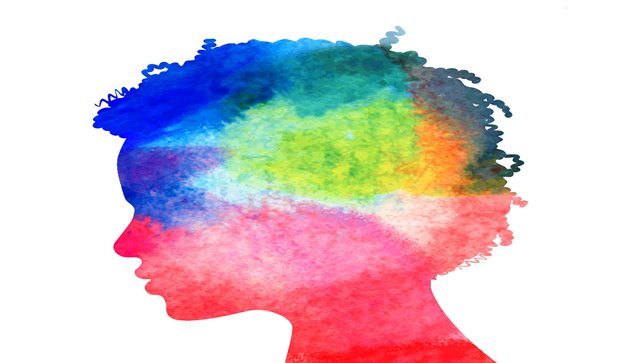Behavioral Health
About one in four people have a behavioral health condition which includes mental illness and substance use disorders. People with behavioral health conditions tend to smoke more cigarettes on average because of genetics and life experiences. At the same time, people with behavioral health conditions are very motivated to quit and do quit with help. Reaching out for help from the quitline, health care providers, family and friends is key to quitting. With help from the quitline you increase your chances of quitting for good.
Freedom from Tobacco
Like most people, you may smoke to cope with stress and the symptoms of a behavioral condition such as depression or anxiety. Smoking and nicotine feel like immediate relief from negative moods but also increase feelings of stress and behavioral health symptoms over time. In the long run, quitting smoking is one of the best ways to lower your feelings of stress, depression, and anxiety. Benefits of quitting include:

- Better overall health and mental health
- More energy to focus on recovery
- Fewer side effects and lower doses from medications
- More money in your pocket
- Better success with quitting other drugs and alcohol
- Greater life satisfaction and self-esteem
- More stable housing
- More job opportunities
- New friendships and relationships not focused on addiction
- Freedom from tobacco companies that are targeting you
How the Quitline Can Help
 The Quitline is ready to help when you’re ready to quit. We use tools that we know work and will support you to quit for good. Our Quitline Coaches receive special training to understand the challenges of tobacco-free recovery and can offer additional resources to help you quit. Your Coach will help you find a medication to better your chances of quitting and give you tools to talk to your health care provider. People with behavioral health conditions can and do quit smoking, and the Quitline will help.
The Quitline is ready to help when you’re ready to quit. We use tools that we know work and will support you to quit for good. Our Quitline Coaches receive special training to understand the challenges of tobacco-free recovery and can offer additional resources to help you quit. Your Coach will help you find a medication to better your chances of quitting and give you tools to talk to your health care provider. People with behavioral health conditions can and do quit smoking, and the Quitline will help.
Tobacco Industry Targeting
Tobacco companies have targeted people with behavioral health conditions for many years to get you to smoke. They gave out free cigarettes in treatment centers, homeless shelters, and soup kitchens. They gave money to block smoking bans in hospitals and paid for research to show that people with mental health conditions need to smoke. The companies wanted to keep people addicted so they could make more money.
Tobacco Free Recovery
You have the right to a tobacco-free recovery. You have a right to get help with quitting smoking and being free from nicotine. Quitting is the best thing you can do to improve your physical and mental health.
 Smoking isn’t the best way to deal with a behavioral health condition because it makes things worse. Quitting smoking improves your physical and mental health, and it makes stress easier to manage so you can focus on recovery.
Smoking isn’t the best way to deal with a behavioral health condition because it makes things worse. Quitting smoking improves your physical and mental health, and it makes stress easier to manage so you can focus on recovery.
